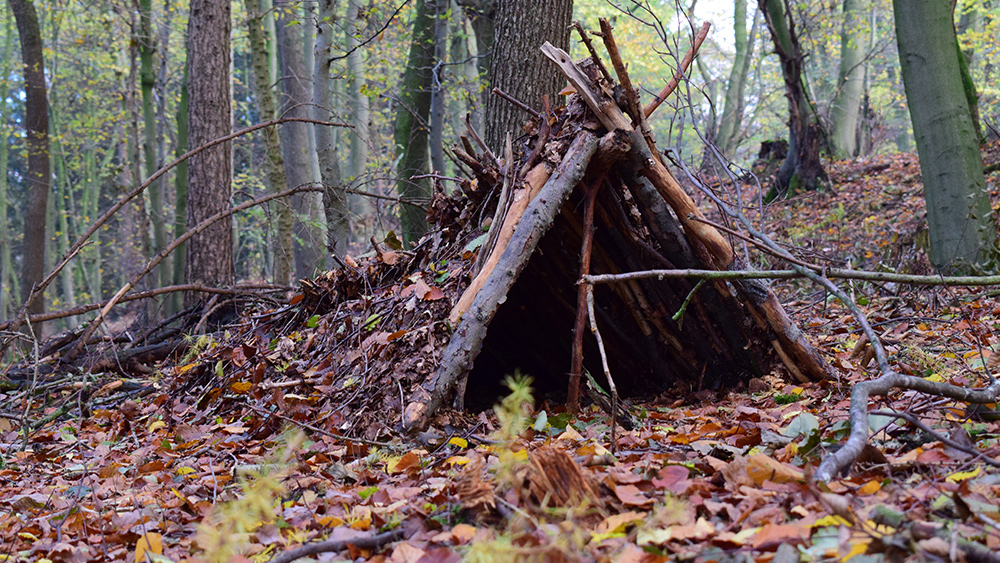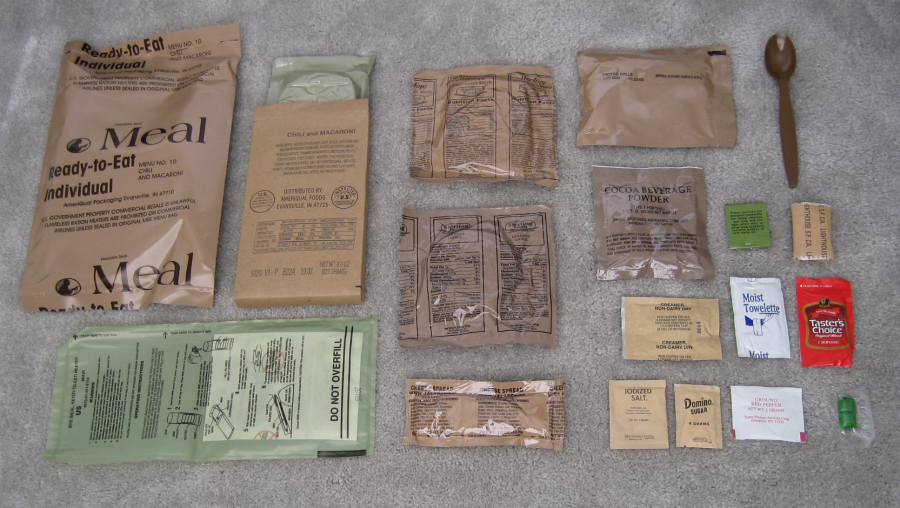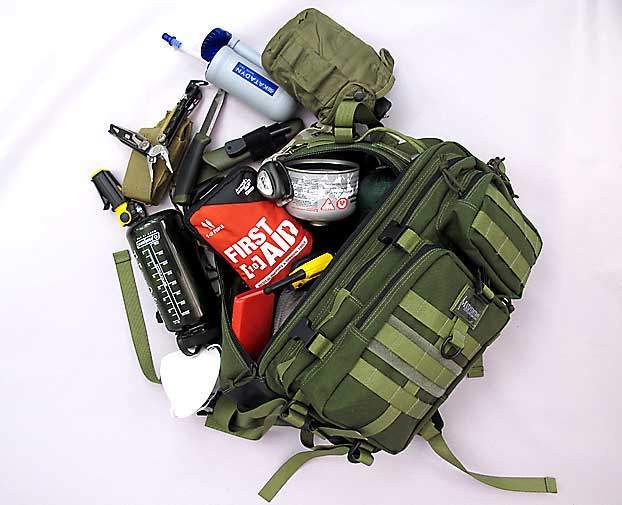Food storage tips: Securing your stockpile before and after disaster strikes
02/10/2021 / By Virgilio Marin

Stockpiling food supplies is only half the battle. You might have all the food in the world, but without proper food storage, you’re risking your supplies getting spoiled or damaged in the event of a disaster. Secure your preps before and after disaster strikes with the food storage tips below: (h/t to FoodStorageMoms.com)
Stockpile foods with a long shelf life
Foods with a long shelf life include rice, beans, cereal, nuts and dehydrated meats. Avoid perishables like milk and berries. There’s a good chance the power will be taken out in a survival scenario, which means appliances like the fridge will not be available for storing food.
Store your food supply someplace safe
Be strategic about where you store your emergency supplies. If your area is prone to flooding, then store your food somewhere secure from floodwater. Consider the type of disasters that commonly hit your location and use this knowledge as a parameter for emergency planning.
Use waterproof, airtight containers
Waterproof and airtight containers will come in handy in the event of a disaster. They’re durable and effective at protecting food from both rodents and water damage. Stockpile on these containers so you have extra storage supplies in case of an emergency.
Keep your fridge door closed
Though the electricity is out, foods in your freezer will remain frozen for several hours. If you have a full freezer, you have about 48 hours before your frozen food starts to thaw substantially. If your freezer is half-full, you have about 24 hours.
However, if you keep opening and shutting your refrigerator and freezer door, the amount of time that food will stay cold will be reduced. Take things out of your refrigerator and freezer sparingly.
Store refrigerated foods in the freezer immediately
If you have enough space in your freezer, transfer some of the perishable items from your fridge right after a power outage. Doing this can further extend the life of these foods compared to simply leaving them in the refrigerator.
Keep dry ice in your freezer
During a prolonged power outage, keeping a 50 pound-block of dry ice can help keep your food frozen. This can give your frozen food an additional 48 hours of shelf life. Find out ahead of time where you can buy dry ice so you’re not scrambling hours before a disaster happens.
Keep extra coolers
Coolers can help keep your refrigerated foods at the right temperatures. Invest in good coolers and buy extra so you enough space in case of an emergency. Remember to keep a decent amount of ice stocked up in your freezer to maintain lower temperatures inside the coolers. (Related: Storing food without a refrigerator: 25 different kinds of root cellars.)
Keep food thermometers
Food thermometers will come in handy when you need to determine if your food supplies have gone bad. Moreover, if you’re cooking meat and are saving up on gas or electricity, a food thermometer can help you determine if the meat is already cooked adequately. This, in turn, will not only help you use energy efficiently but also help you prevent food poisoning.
Consume your food when the time is up
After the power has gone out, you usually have four hours before foods like milk, eggs and soft cheeses need to be consumed or thrown out. Meanwhile, cook your frozen goods after a day or two.
Consider getting a generator
You can use a generator to power your refrigerator. If money is a problem, affordable generators can power a few appliances while keeping the lights working. Just remember that if your generator is powered by gas, you’ll need to stockpile fuel.
Food storage is just as important as your survival stockpile as it ensures that your food won’t get destroyed easily. Keep these food storage tips in mind to get you prepared for an impending disaster.
Sources include:
Tagged Under: disaster, emergency planning, Food storage, food storage tips, homesteading, off grid, preparedness, prepper, prepping, SHTF, survival, survival stockpile, survivalist
Get independent news alerts on natural cures, food lab tests, cannabis medicine, science, robotics, drones, privacy and more from NewsTarget.com
Get independent news alerts on natural cures, food lab tests, cannabis medicine, science, robotics, drones, privacy and more from NewsTarget.com
RECENT NEWS & ARTICLES
SHTF.News is a fact-based public education website published by SHTF News Features, LLC.
All content copyright © 2018 by SHTF News Features, LLC.
Contact Us with Tips or Corrections
All trademarks, registered trademarks and servicemarks mentioned on this site are the property of their respective owners.





















